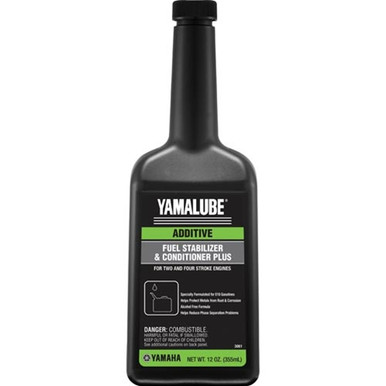yam240sx
Jet Boat Addict
- Messages
- 385
- Reaction score
- 130
- Points
- 122
- Boat Make
- Yamaha
- Year
- 2013
- Boat Model
- SX
- Boat Length
- 24
whats everyones favorite cocktail to make our engines purr even better ... Marvel , lucas , stp ? ..... I use a half of bottle of marvel on fresh new tank its suppose to lubricate all fuel system components and pump , as well as clean injectors and combustion chamber





